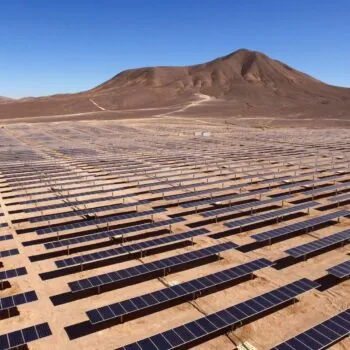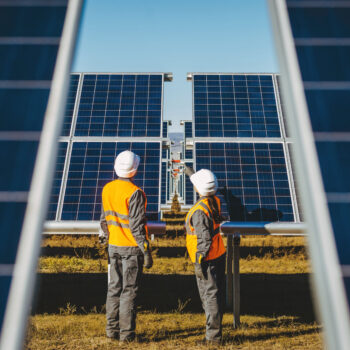On 22 March, E3G's Chair Tom Burke, spoke at the United Nation's Economic Commission for Europe's meeting on the Sustainable Development Goals in Geneva, Switzerland. Read his full remarks below.
Thank you for the invitation to share our experience on financing disaster risk reduction in relation to climate change.
E3G is a European climate change think tank working globally to accelerate the global transition to a safe climate.
We are collaborating with the United Nations Office for Disaster Risk Reduction to develop input to the EU’s Sustainable Finance Action Plan and globally.
A report on the findings of this collaboration will be published in May at the Global Platform for Disaster Risk Reduction.
We meet at a moment when the urgency of this work could not be more vividly demonstrated as we witness the events in Southern Africa following Cyclone Idai.
Just how serious these risks are becoming was reinforced yesterday when Mark Carney, the Governor of the Bank of England, made his fifth speech in recent years on climate change.
We are now well past the point when climate change can be considered simply an environmental problem. It is now a growing threat to the prosperity and security of everyone on the planet as the events we are witnessing make clear.
I was therefore disappointed to see that the principal scientific advisor to the United States referred to climate change this week as a problem that was fifty to seventy five years away.He could not be more wrong. Climate change is with us today and already having a serious impacts on the lives of people everywhere – often most on those with least ability to cope with them.
There are three overarching insights from the work we have been doing with UNISDR.
First, the integration of climate change adaptation and resilience into European financial regulation is still immature. We must not let the need to prevent climate change getting worse obscure the urgent need to address the risks of the climate change that is already happening and that to which we are already committed.
Second, retaining financial stability in the face of a changing climate means that the financial sector must involve investment in resilience. This means making full use of the scenario stress testing that Governor Carney referred to in his speech.
Third, we must beware of thinking this is an issue for some parts of the world and not others. Since the 1980s, extreme weather events have cost half a trillion euros in the EU. Climate change poses systemic risks to the achievement of all of the SDGs, everywhere. So it is increasingly important that disaster risk and adaptation strategies are strongly aligned with other climate and sustainable development investment strategies.
There is a policy mantra in frequent use in Britain at the moment: public money for public goods. It is important that public investment in disaster risk reduction is sufficient in quantity and well designed to support the rapid recovery of the private sector from climate related disasters. Private investment can only play its part if public investment is also present.


